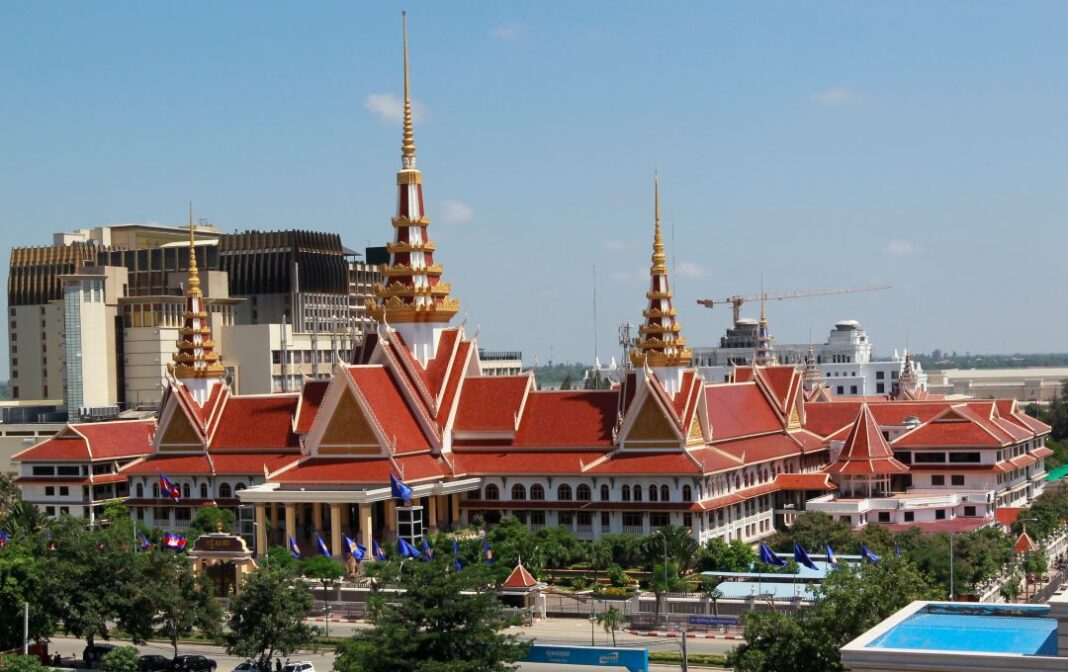One of China’s biggest online travel agencies, Trip.com says that the number of users from the Chinese mainland searching for Cambodian tourism products on Ctrip, a Trip.com Group sub-brand, increased by more than 233 percent compared with the same period last year.
The figures are updated till mid-May 2023. Trip.com Group shared this data while the company signed a strategic cooperation memorandum of understanding (MOU) with Cambodia‘s Angkor Air. The MOU aims to promote the construction of a smart airport, and tourism talent training program, and further promote Cambodia as a key global destination.
The new Angkor International Airport in Cambodia will be put into operation in October 2023, with projected passenger expectations of 7 million visitors per year, which is expected to increase to 10 million people per year by 2030.
China is one of the most significant sources of inbound tourism in Cambodia. It’s reported that in 2019, Cambodia received 6.61 million foreign tourists, of which 2.36 million were Chinese tourists, accounting for about 36 percent. In 2023, the Cambodian government launched the “China Ready” strategy to attract more Chinese tourists.
Chinese tourists are also a key source for Cambodian casinos. Hong Kong-listed Cambodian gaming operator NagaCorp observed a continuing increase of visitation to their property, especially Chinese visitors, in March 2023 after the Chinese Government allowed tour groups to go to Cambodia starting in February 2023.
China granted Cambodia’s Approved Destination Status on February 6th, and while NagaCorp’s visitation numbers have been strong so far, the gaming operator said in early April that the recovery of Chinese tourism to Cambodia is still in its ‘early stages’.
According to AGB checks, visas on arrivals to Cambodia for Chinese nationals have resumed. A travel visa allows up to 30 days’ stay in the country.





















